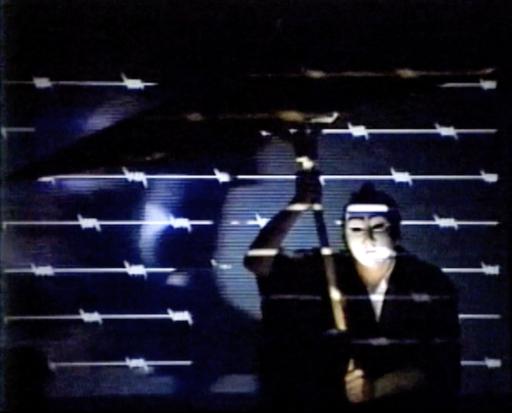Campfire Diary, Joel Sanderson; Roger Shimomura
Artwork Overview
Roger Shimomura, artist
born 1939
Joel Sanderson, artist
born 1957
Campfire Diary,
1992
Where object was made: United States
Material/technique: digital transfer from 3/4 inch broadcast tape
Credit line: Courtesy of the artist
Accession number: EL2019.140
Not on display
If you wish to reproduce this image, please submit an image request


